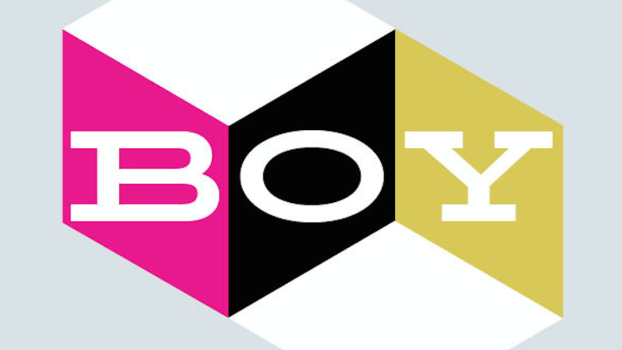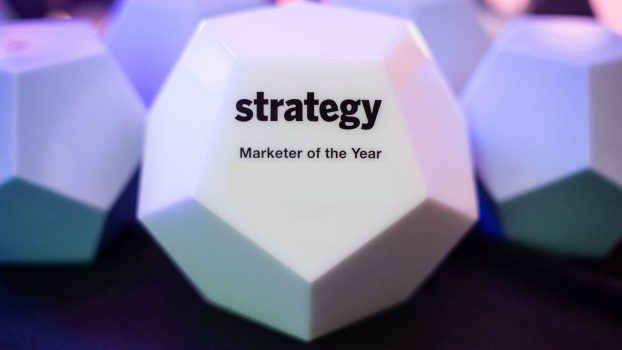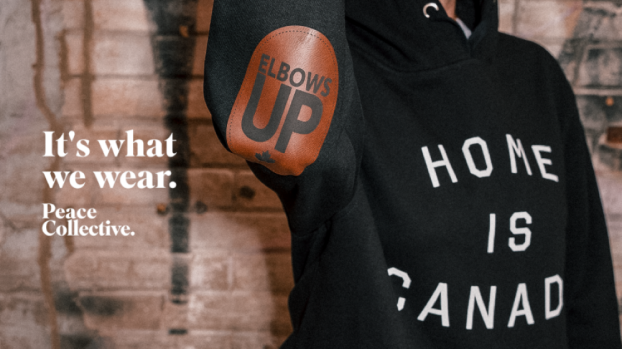Foot Locker recently announced that it’s looking to future-proof its business with Greenhouse, a new company division that aims to be a mix of incubator and consultancy.
The Idea
Through Greenhouse, the footwear retailer is looking to tap into youth culture to stay relevant with the next gen of sneakerheads.
The division includes partnerships and collaborations, with the company reportedly planning to serve as a consultancy-cum-incubator for other brands.
Part of the idea behind the incubator is to help the brand set streetwear culture trends, instead of simply following them, according to The Drum in an article reporting that Foot Locker had, for several years, worked with an agency to create “culture maps,” but decided to create it’s own offering for big-name sportswear vendors, like Nike or Adidas, to work with niche creators in tech and art, for instance.
Earlier this year, the company released a new mission statement “to inspire and empower youth culture” and in keeping with that new mission, Greenhouse will collaborate with its vendors on limited-edition offerings, as well as provide mentorship and funding to up-and-coming talent.
There are no Canada-specific plans for Greenhouse at this time, but initiatives developed by the New York City-headquartered company may be brought to global markets, including Canada.
Foot Locker had its strongest sales in company history in the last quarter of 2018 with same-store sales rising 9.7%; same-store sales rose again (up 4.6%) in Q1 2019, but missed investor expectations and, as a result, Foot Locker cut its earnings outlook for fiscal 2019. Previously the retailer announced it planned to shutter about 165 stores globally in 2019 as it looks to invest in strengthening the company for the future, which the Greenhouse division is seen to be key a part of.
The Strategy
The experts strategy spoke to about the recent development say taking a proactive approach to a changing, competitive category is key to Foot Locker’s future success.
But Mark Satov, founder of Satov Consultants, has his doubts, particularly about Foot Locker positioning itself as a youth culture consultancy.
“On Greenhouse itself, I have trouble seeing competing brands actually hiring Greenhouse as a consultancy, or it ever being big enough to matter in a company the size of Foot Locker. If they get some clients to engage they will learn from them, which will be more important than the money they earn,” said Satov in an email interview.
Meanwhile, Jennifer Marley, partner at Sklar Wilton & Associates, says Foot Locker’s efforts are a “great example of a brand taking disruption seriously and reorganizing around a whole new corporate purpose… What Footlocker is doing with Greenhouse is codifying a way to future-proof itself.”
While she applauds the move to plan for the future she warns: “What they’re trying to do is tricky and courageous. Being, and developing, ‘cool’ is not easy. It can be like a razor’s edge to find what’s cool amongst, and within, youth culture.”
























